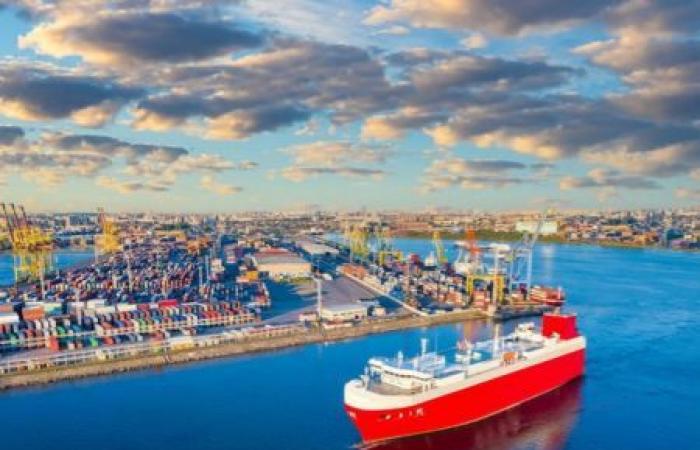(Agence Ecofin) – The phenomenon is not yet perceptible among the general African public who now seem to be adapting to recent successive crises. Risks to purchasing power on the continent are possible if the situation is not reversed.
Africa, particularly its sub-Saharan part outside South Africa, could experience a new wave of consumer price increases, this time due to the persistent increase in maritime transport costs. With a cost of $1,320 required to transport a 40-foot container, global trade could breathe easier.
But since then, costs have continued to increase, reaching $4,200 on May 30, 2024, the highest level since January 12, 2023, according to data provided by the Statista platform. For African markets, where a large share of consumption is based on imported goods, particularly from Asia, the increase in sea freight prices has a direct implication on consumer prices.
The economies of this region have not been able to react quickly to the global situation, combining post-covid-19 port congestion, the shortage of containers, and the conflict between Russia and Ukraine, which have collectively pushed to the rise in prices of certain consumer products, particularly food.
The reasons for the current increase are almost always the same: congestion at ports and regulatory changes, forcing importers to acquire as many goods as possible to contain future charges. This is the case for electric vehicles from China, which will be subject to price restrictions in Brazil and Mexico by July 2024.
Platform analysts Tea Economist Intelligence Unit, during a webinar organized on June 12, discussed the fact that other situations complicate global maritime transport. We already knew about the crisis in the Red Sea with the attacks by the Houthis in Yemen, which pushed many ships to take the long route through southern Africa, extending delivery times and costs. To this they add the effects of climate change, which are reducing the water level in the Panama Canal, thus limiting the possibility for boats to cross.
Whatever the case, these elements of the global situation have an impact on African economies. Sea freight is an essential component of spending on imported services by African countries, with a direct impact on their overall trade balance, including goods and services.
To respond to previous waves of price increases in various sub-Saharan African economies, central banks have used monetary policy to limit the amount of money in circulation, while governments have attempted to support consumption, particularly among low-income households. weaker.
But perhaps due to a gap between the durations of shocks and the time needed to provide responses to them through public policies, we have seen few initiatives aimed at strengthening the autonomy of domestic consumption. Goods, and ultimately imported services, continue to depend on external sources, at least in urban areas.
Currently, central bank rates are at high levels, and the latter have almost no room for maneuver to continue to act on the monetary tool. For their part, governments have widened their deficits within limits deemed “ excessive » by donors like the IMF, as well as by rating agencies. The question therefore arises: can Africa resist a new wave of price increases?
Idriss Laundry






